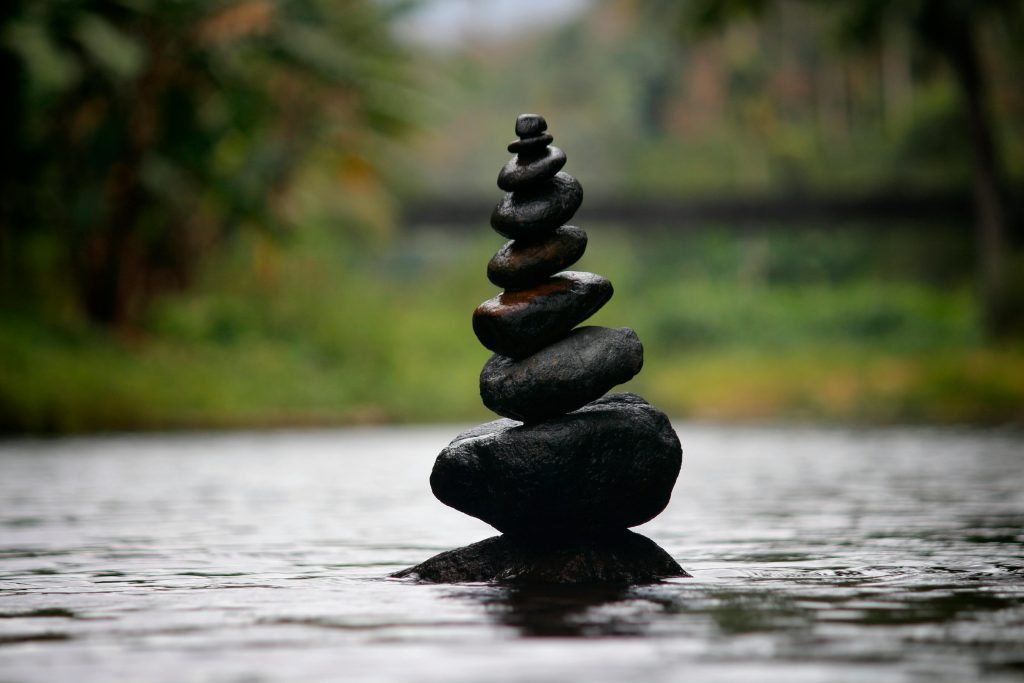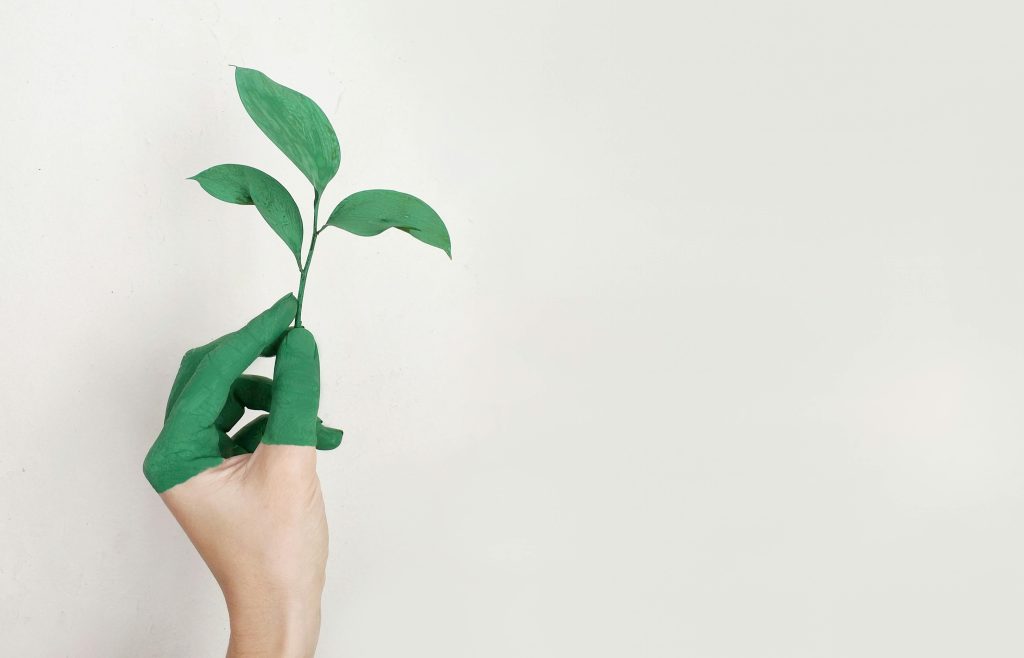By Rabbi Dr. Abraham Skorka
In August 2024, at the G20 Interfaith Forum, Rabbi Abraham Skorka of Georgetown University delivered a compelling address on the challenges of sustainability and peace. Drawing from historical events, religious teachings, and philosophical insights, Rabbi Skorka’s speech emphasized the importance of interfaith dialogue and environmental stewardship in our modern world. The following is the full text of his address, with suggested image placements to enhance its visual presentation.
– – –
There are pivotal moments in human history that signify periods of both progress and setbacks in the lives of individuals and nations. The events of the Second World War undoubtedly shaped our current era. The appalling massacres, disregard for human life, and global impact of that terrible war continue to reverberate in various manifestations today.

The defeat of the Nazi-fascist axis did not signal an end to major conflicts or imperialist ambitions among nations. Tyrannies and manipulative leaders endured, and the terrible methods employed by dictators of the past worsened and spread in the world.
For example, during the development of nuclear weapons, scientists faced the terrifying question of whether a nuclear explosion could start a chain reaction that would destroy the world. They calculated that this was an infinitesimal probability,. The scientists of the Manhattan project decided to proceed, believing that the potential destruction was preferable to living in a world led by Hitler. But consider the responsibility they assumed for all life on our planet! There remained a non-zero possibility that the world could literally be destroyed.
Such events and burdens have left a lasting mark on our era. While we benefit from many scientific advances that were developed during the Second World War, we are also haunted by the horrors that occurred. In the latter half of the last century, a lifestyle emerged where the focus shifted to the ‘now’, as described by Isaiah (22:13): “let us eat and drink; for tomorrow we shall die”. In this perspective, societal structures and values, as Zygmunt Bauman described, became more liquid and less solid.
The problem of the destruction of our planet, driven by various self-serving interests, has been a challenging issue for humanity since the end of the Second World War and remains so today. One of the most compelling calls to awaken people’s consciences and change their utilitarian approach to life is found in Pope Francis’ encyclical, Laudato Si. This document is a proposal for dialogue, aiming to involve “every person who inhabits this planet” (paragraph 3), not just the Catholic community. The Pope invites philosophers, educators from different religious backgrounds, scientists, and experts from various fields to contribute their ideas and work together to find solutions to the pressing issue of humanity’s relationship to nature.
Pope Francis explores different aspects of Jewish and Christian thought on this topic throughout the encyclical by referencing Hebrew biblical sources in paragraphs 67, 76, 78, confirming the similarities between both religions on this subject.
I see this encyclical as a model of dialogue between Jewish and Christian sources and as an important step in fostering multicultural and multireligious dialogue to protect both humanity and our shared home.
Dialogue, in its deepest sense, involves empathy, allowing parties to understand and share each other’s feelings and thoughts. It is a precious quality possessed by every human being. It is a way through which each person can connect with their inner self, and communicate with others, with nature, and with God. According to Martin Buber’s philosophy, inspired by the Lurianic Kaballah, every object in nature has a dimension through which it conveys a message to us. It is through the development of dialogue among people that the human race can work towards solving the environmental problems of the planet, in the framework of a reality of peace.
The book of Genesis tells that God gave humanity dominion over the earth and the use of all its fruits for food (1:28-29)., The first person, once placed in the Garden of Eden, received the divine order to work and care for the earth (2:15).
A synthesis of these divine commands to primeval humanity is found in the Midrash Kohelet Rabbah. The sage of the Midrash understands verse 7:13 of Ecclesiastes, which says, “Consider the work of God: Who can straighten what he has bent?” The sage interprets the second part of it as referring to that which was bent by a human being. He imagined the following dialogue between the Creator and the creature:
When the Blessed Holy One created the first human, He took him and led him round all the trees of the Garden of Eden and said to him: “Look at My works, how beautiful and praiseworthy they are! And all that I have created, it was for you that I created it. Pay attention that you do not corrupt and destroy My world: if you corrupt it, there is no one to repair it after you.

In one of the Minor Tractates of the Talmud, among the cited teachings of the famous Rabbi Jochanan ben Zakkai, we read: “If you find yourself planting a tree and they announce to you that the Messiah has arrived, finish the planting and then go to receive him.” This teaches us that the work of caring for God’s creation is a priority even in messianic times.
Caring for our common home is an essential part of the planet’s sustainability and the future of humanity on it. The world is facing significant challenges, and the work of preserving God’s creation calls for our commitment. We are all called to create a new turning point that fosters understanding, mercy, and love among all human beings, providing future generations not only with hopes for a better future but also with the foundations for its realization.
– – –
Rabbi Dr. Abraham Skorka is a senior research fellow for Jewish studies and Jewish-Christian relations at Georgetown University, where he is also a senior research fellow at the Berkley Center for Religion, Peace, and World Affairs and has taught courses for Center for Jewish Civilization. He previously was University Professor in the Institute for Jewish-Catholic Relations at Saint Joseph’s University in Philadelphia, rector of the Seminario Rabínico Latinoamericano, and rabbi of the Masorti Olami Community (Worldwide Conservative Movement) Benei Tikva in Buenos Aires, Argentina. He co-authored a book on interfaith dialogue with Pope Francis titled On Heaven and Earth that was published in Spanish in 2010 and in English in 2013.


